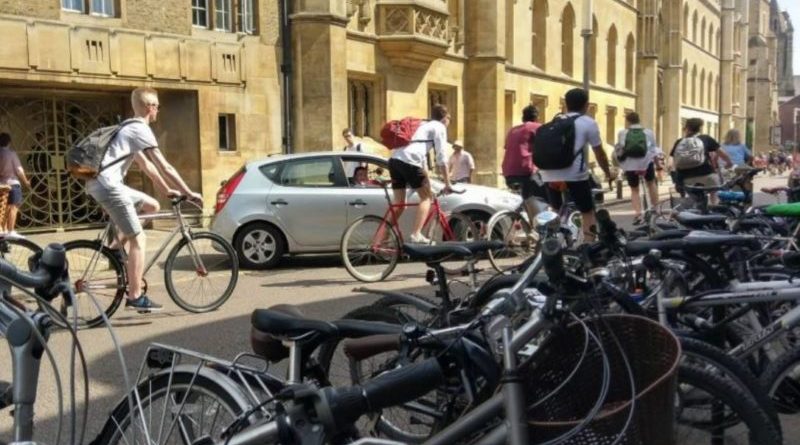Perfect storm for cycling as study points to green transport surge
A 20,000 person study published by Kantar on the topic of urban mobility points strongly toward a decline in car use in favour of green transport forms.
Coming on the back of the news that cities like York and Birmingham will phase out city centre private car use, the study drew upon consumer insight from 31 cities around the globe and was able to forecast an average drop of 10% in car use by the end of the decade. It is anticipated that the urban mobility picture will increasingly rely on public transport, walking, cycling and other micromobility, with private car journeys set to decrease to 46%, on average, by 2030.
In what will be welcome news to the cycling industry, where the key challenge is new customer creation, 37% of those surveyed felt ready to start leaving their car at home in favour of a more efficient or convenient solution. 43% of public transport users further suggested that they too were ready to look at alternative urban mobility forms.
It was found that, at present, 39% of car commuters make the journey alone, meaning that the space taken up on the road is vastly beyond what’s required. This, suggests the study, is something that is not likely to continue to be feasible. The conclusion is scope for a 25% growth in alternative mobility modes.
Mobility as a Services (often referred to as MaaS) holds great scope to bring about change, says the study. “It’s not a huge leap of the imagination to suggest that this could, in time, become the preferred way of moving within a city,” writes the report. MaaS is a broad term for any non-owned transport form that is hired, such as Uber, or the plethora of bike share schemes available globally.
CyclingIndustry.News’ own 43-page study of the views of bike retailers, which is available to purchase in full now, illustrates that industry professionals are not yet seeing conversion of sales from users of mobility as a service, however 36% perceive ‘those new to cycling’ and ‘commuters seeking a change’ 37%, as key targets for new customer creation in the near term.

Kantar’s research identifies the electric bike as having a particularly strong satisfaction rating among users at 23% against just 8% for public transport users. Cycling unassisted had 17% satisfaction.
The report therefore leans on cities to begin to channel efforts into upping those approval ratings by creating more cycle lanes and rewarding users of low emissions vehicles.
“Not only will it benefit the environment, it will have an uplifting effect on the collective mood of its citizens. These vehicles take up much less space than cars, so it also helps to address the issues of densification and scarcity of space,” writes the study.
Kantar ranked cities surveyed on the level of satisfaction with urban mobility efficiency on an index that ranked Berlin at 91, Auckland at 90 and Moscow at 84. London came ninth with a score of 75.
“People-centric cities will be the future. The question is how fast. In order to remove single cars from city centres, we need long-term investment into public transport capacity, a vast shared mobility offering, and cities have to solve their logistical issues,” offered the Mobility Futures Expert Panel.
In the UK, it appears as though the e-Scooter could soon get the stamp of approval for legalised use, though a consultation with the public will decide exactly how that comes to fruition. London and Manchester formed part of Kantar’s research.



